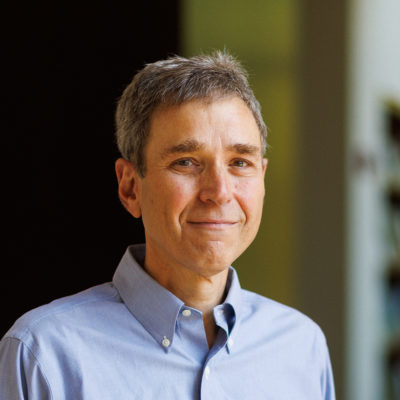Why California Wants to Recall Its Most Progressive Prosecutors
Summary
Time is the second big challenge for progressive prosecutors. “The effect that any policies that a D.A. adopts has on crime will take some time to manifest itself,” says David Alan Sklansky, a Stanford University law professor who studies criminal justice. Although it might seem logical to increase prosecutions and stiffen sentences in response to rising crime rates, Sklansky points out that incarcerating more people for longer periods can seed more crime later, as “people become hardened criminals behind bars and then [are] released into their communities to reoffend.” Conversely, he notes that although diversion programs or investment in social services might look like leniency today, those policies can foster safety over time by shrinking the pool of potential future offenders.
The benefit of reducing unnecessary incarceration, Bastian says, “is less recidivism, lowering the likelihood of future victims, and lowering the fiscal costs, while advancing public safety at the same time. Unfortunately, it is going to take more time for us to know the full value of that.”
The question is whether voters have the patience to see what comes of Boudin’s and Gascón’s policies over the long term, while some key measures of crime keep rising. Sklansky doesn’t think the American public has turned on the progressive-prosecutor movement yet, observing that California law makes it unusually easy to qualify a recall for the ballot. And the reelection of progressive prosecutors Larry Krasner in Philadelphia last year and Kim Foxx in Chicago the year before suggests that it’s possible to retain majority support for reform policies even when crime is rising.
Read More
